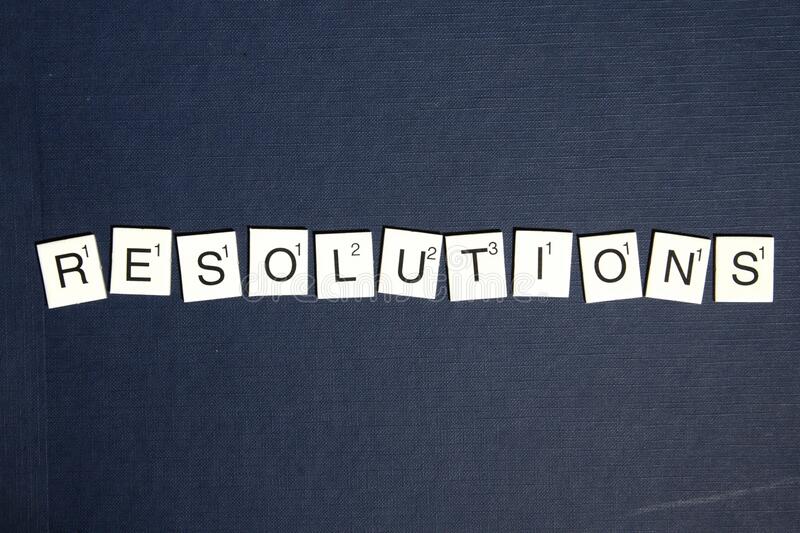
bebHow do you want to function in 2022?
How do you want to “be” in the world – with your family, career, and the planet? Since this is the time of resolutions, I’ll share some ideas from the theme of being more differentiated. Systems theory posits that anything I can do to improve my functioning should allow the systems I’m in to function better. This applies t0 all my systems: family, work, or society.
1. I have well-developed goals and principles.
If I want to have a well-defined self, I need to know what I stand for and what I want to accomplish. This is part of working to be a more responsible self. If I haven’t carefully thought about my principles and goals, how can I hold my own when someone wants me to go along with them?
2. I am my locus of control
Perhaps you know the saying, “some people make things happen, others watch what happens, and the rest just say ‘what happened?’”. Locus of control refers to one’s frame of reference for who is in charge or what is in charge of one’s life. On one end of a continuum, an individual blames family, society, the government, fate, or anything other than themselves. They are a helpless victim. The other extreme involves thinking that one is entirely in control, or should be, and avoids help from others and blames themselves for anything. A more balanced viewpoint recognizes one’s innate abilities to solve problems. This includes seeking advice and support from others. They are the locus of control in that they take responsibility for their actions and goals.
3. I am curious in thought and flexible in action
Having principles, goals, and self-responsibility allows me to be curious about whatever I’m are up against. I understand challenges as new information and consider them thoughtfully. Being secure with my well-defined goals and principles, I’m not dogmatic about them. My curiosity and flexibility allow me to adjust my principles, goals, and understanding of responsibility where it makes sense.
4. I don’t change because of the praise or criticism of others
Acceptance and rejection are potent motivators. Therefore, one needs to have conviction for their principles, goals, and self-responsibility. The emotional force of conviction, supported by the objective clarity of one’s principles and goals is important. It helps counter the influence of approval and disapproval from others. Of course, it’s okay to change, given new information or new circumstances. But changing one’s goals or principles, being less responsible just for being approved of, or avoiding rejection is a losing strategy.
5. I take responsibility for my feelings, thoughts, and actions
Most of us don’t have anyone forcing us to do things. In How Emotions are Made, Lisa Barrett describes how we construct our feelings from sensory inputs and learned mental concepts. So the locus of control is with me for my feelings, thinking, and actions. I might face hard choices, but I still am the one choosing. And I always have response-ability. So HOW I respond to situations is in my control. (Situations of abuse are more complex, and financial dependencies can make it very hard to “be in control”). But this “resolution” is an attitude that puts me in control.
6. I have clarity about my duty to my family and society
Developing one’s principles and goals should include their duty to significant others and society. How do I want to “be” as a child, sibling, parent, partner, and citizen? The attitude of “self-made” and “independent” is just as immature as trying to “save” every less privileged group. There are more thoughtful and responsible expressions of these ideas. As Dr. Kerr summarized this as: “being for self without being selfish and being for other without being selfless.”
7. I recognize my interdependence with others in my systems
The Covid pandemic, climate events, supply chain issues have shown how interdependent we are. By definition, the parts of a system are interdependent. The more I think from a systems perspective, the more I can understand the role I play in my systems and the impact my systems have on me. I can’t think of systems without recognizing my interdependence with others and the responsibility this implies.
8. I trust people are resourceful and respect their effort to be better
My belief is that people don’t try to ruin their lives. I have learned from Bowen’s theory that we are all on a continuum of functioning. How functional would I be in another person’s situation? There, but for the grace of my systems go I. Understanding that a “problem” is a symptom of a more profound emotional process allows me to respect what an individual is up against and what I am up against. The resourcefulness of individuals and families to do the best they can is humbling.
Thank you for your interest in systems thinking
Dave Galloway
dave.galloway@livingsystems.ca
This article by Dan Papero inspired this post: DEVELOPING A SYSTEMS MODEL FOR FAMILY ASSESSMENT in the Family Systems Journal volume 13, number 2, from 2018.
You can request the article from here.
You can watch a Dr. Kerr video on Self and Non-Self here .
There are more resources on this site here.